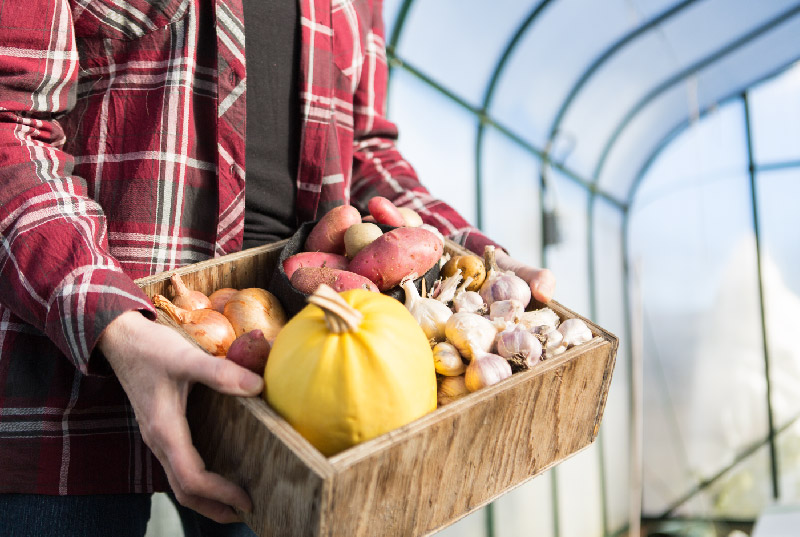
I help gardeners grow
& beginners blossom.
No seed left behind,
no soil unturned.
Together we can have lots of fun growing
great gardens using simple practical tips.
- Featured in -





Start saving & storing your garden seeds for a more more sustainable future
SIGN UP to get the FREE Seed packet PDF
X CLOSE
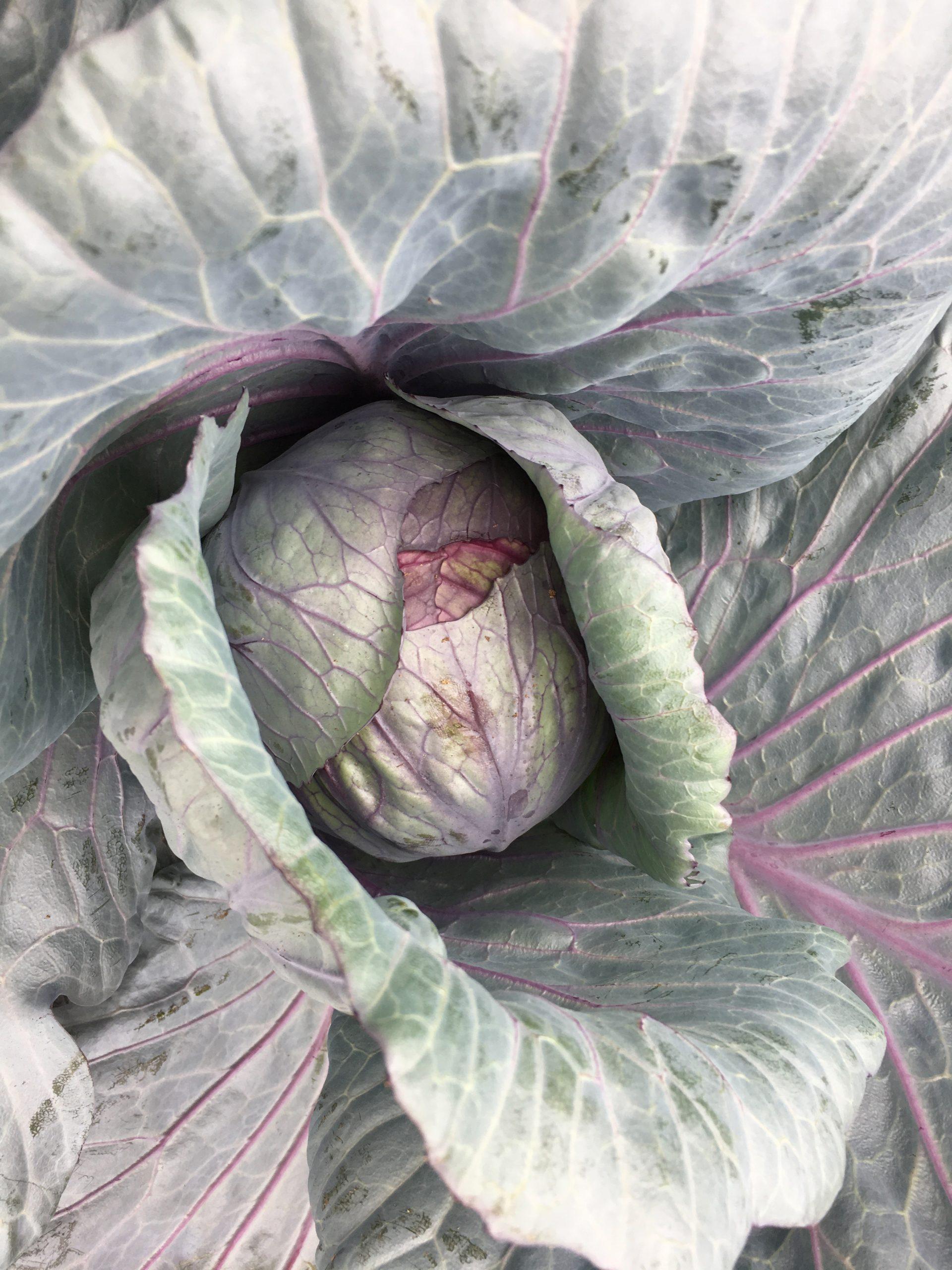
Are Cabbages killing my tomatoes?
Cabbages Are Killing My Tomatoes: Seriously?
I think my cabbages are killing my tomatoes. Last year my cauliflowers killed my tomatoes. But I am a sucker for punishment so this year I wanted to check it one more time. To see if the cabbages would do the same thing. Like a snake is still a snake and a lion is still a lion. So in the middle of July the verdict is in. The cabbage are winning this fight. They are killing my tomatoes.
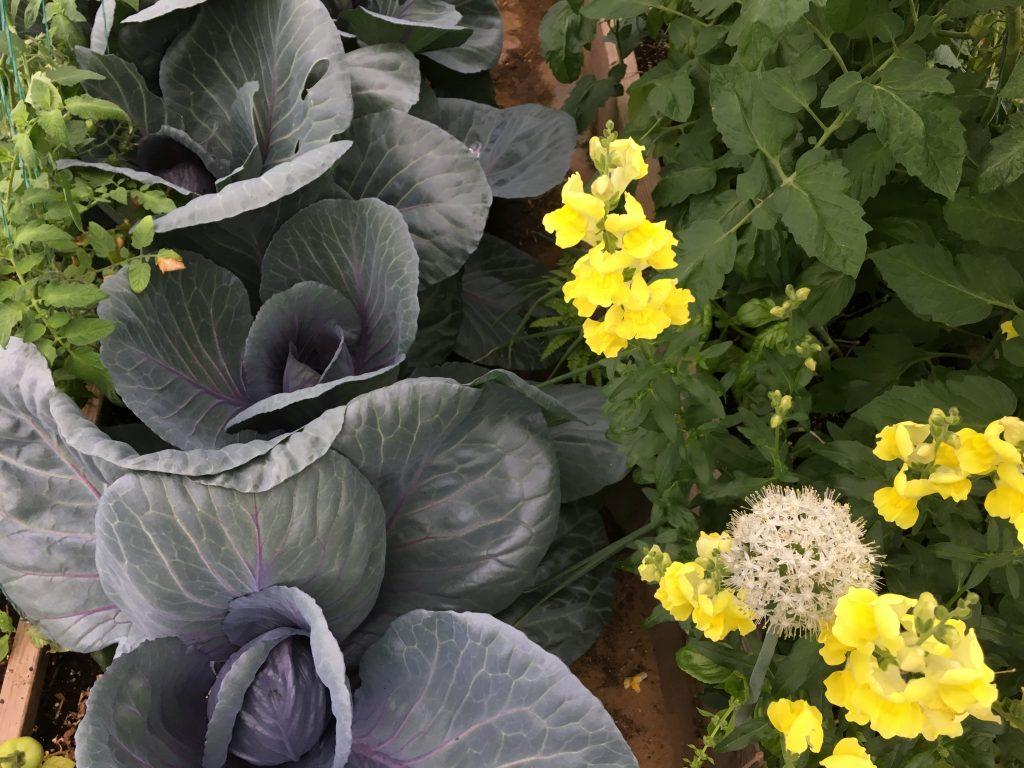
Tomatoes on the left above are sharing soil with cabbage and the plants are pale and short and getting random brown spots. The tomatoes on the right are in their own separate bed. In the video below the plants in the front share the bed with the cabbage and behind them they are taller than me, bright green and definitely more vigorous. Plants in their own bed are unaffected by the cabbage. This is a clear case of allelopathy. This is a natural phenomenon where plants produce a substance that damages other plants. It is almost like one plant (the cabbage) has built-in herbicide. All of these plants are in my BC Greenhouse.
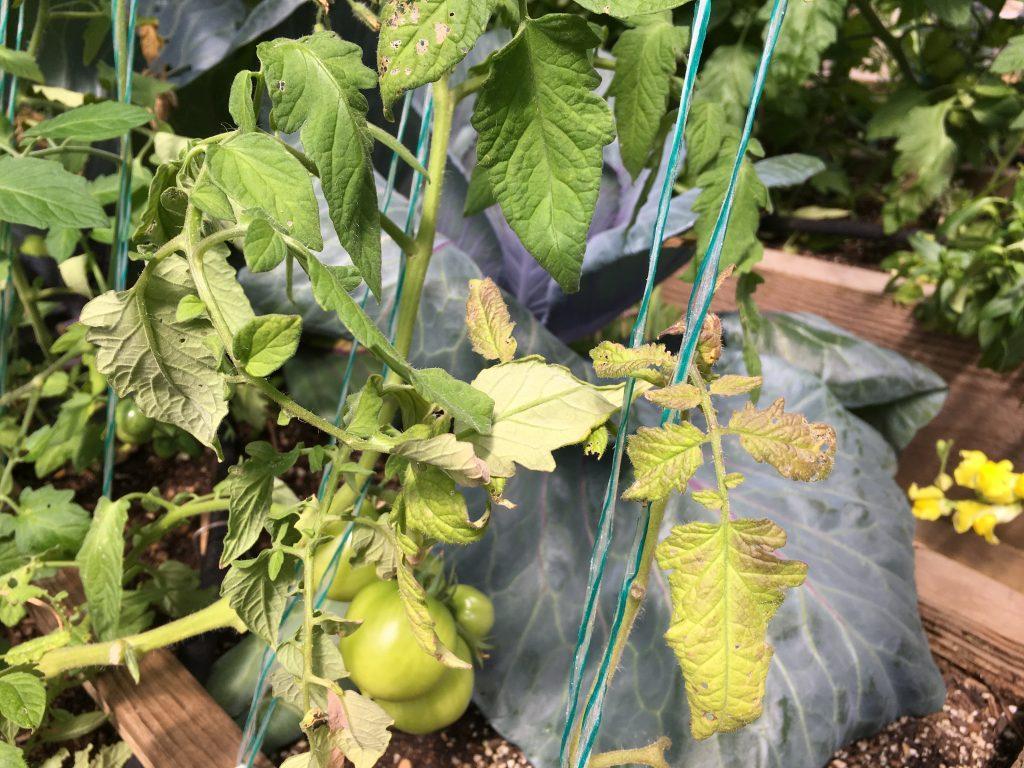
Close up of the tomato planted near the red cabbage – the plant is smaller and the leaves are showing signs of nutrient deficiency
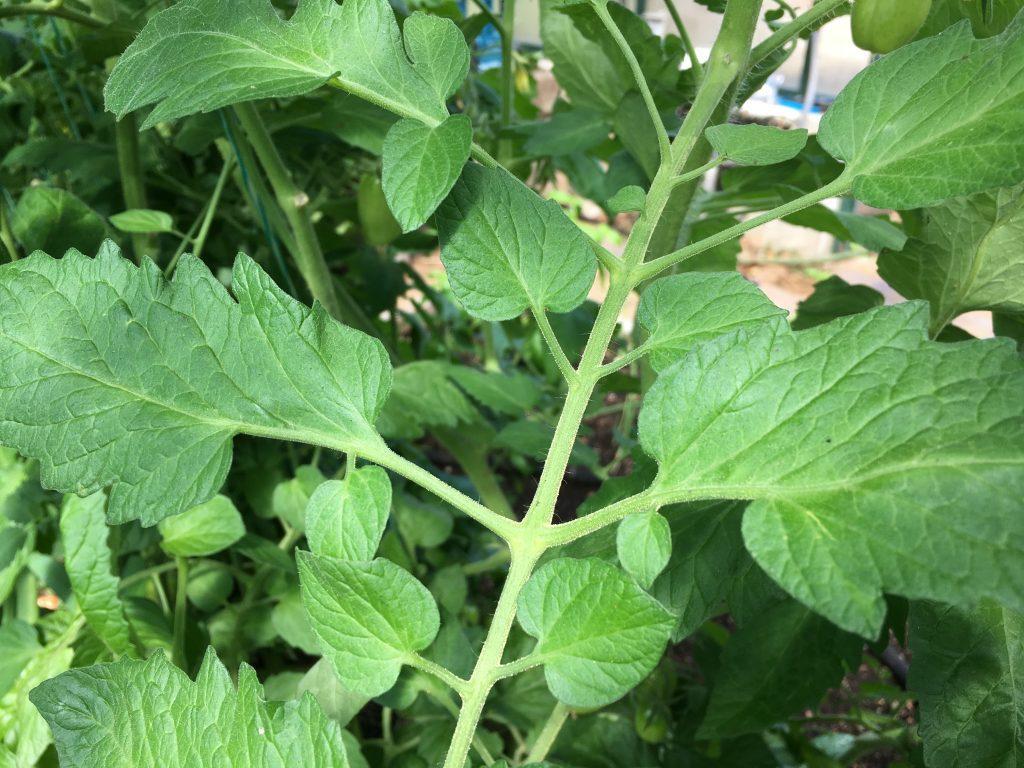
In the bed all on its own the same kind of tomatoes fed with the same organic fertilizer are healthy and green.
Why are the cabbages stunting the tomatoes and making the leaves turn brown and discoloured? In my Companion Planting book it clearly says tomatoes and cabbage are good companions. But in Robert Kourik’s book “Understanding Roots” he disputes this companion idea.
Kourik quotes research about the allelopathic nature of Sunflowers, among other plants: “The inhibitory substances present in sunflower plants causing allelopathy could be used as a natural herbicide.” Used like a herbicide? Is this how plants kill other plants?
According to Kourik “… allelopathic plants include Brassica spp. (such as rapeseed, mustard, broccoli,[cabbage] and cauliflower), caster beans, chrysanthemums, marigolds and sesame.” So much for all the companion planting references that insist marigolds are good for your garden. The plant that is good for your garden is calendula (sometimes called pot marigold).
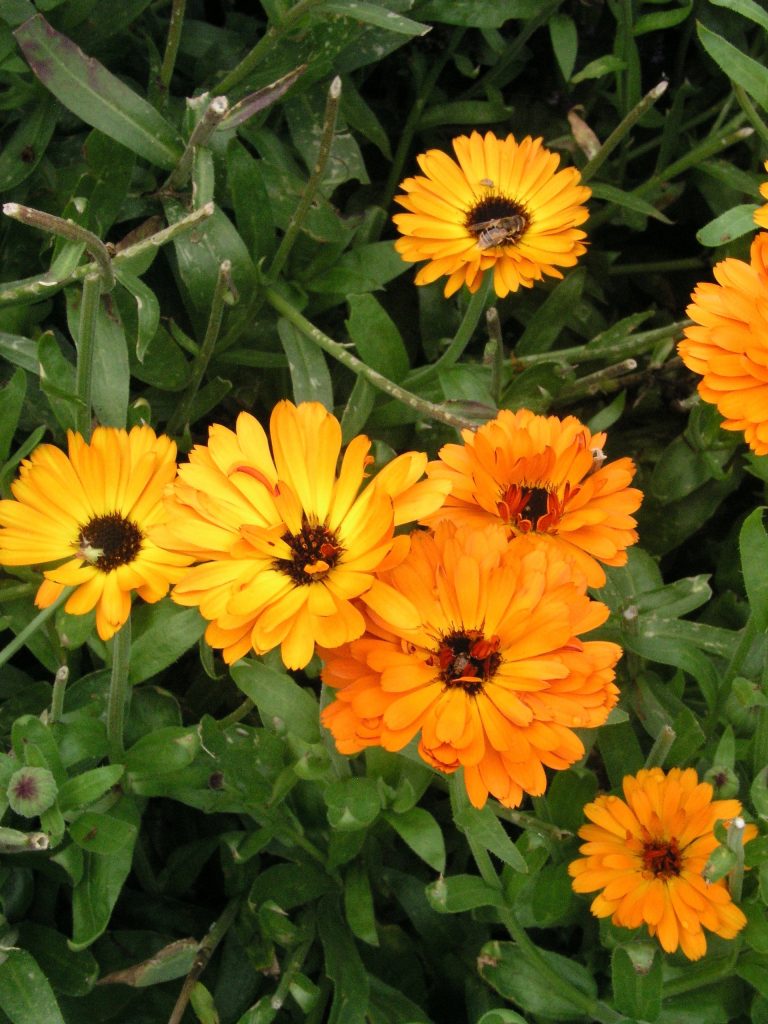
Victoria Sunset Calendula is one of many great varieties of pot marigold. Calendula colours range from pure yellow to pure orange to multicoloured. All varieties are great in every garden space and are quite different from the allelopathic French and African Marigolds.
What Else?
The massive roots in cabbage family plants means they take all available water and nutrients from a very large space (1.25 M x 1.25 M). The cabbage family is also one of the few vegetable families that does not co-operate with soil fungi so instead of embracing mychorryizae they kill them. Plants that rely on nutrient exchange from Fungi are at a loss in natural systems when the fungi are killed by the cabbage. So cabbage have an allelopathic effect, big greedy roots and an ability to kill root-feeding fungi. I will never, I repeat never, plant them in the tight quarters of my BC greenhouse with other fragile plants like tomatoes ever again. I promise.
Little Jobs in the Garden videos are posted on Facebook. Click here to see more Little Jobs in the Garden Videos.

DONNA BALZER IS THE BRAND AMBASSADOR FOR BC GREENHOUSE BUILDERS AND SHE LOVES GROWING IN THEM TOO!

What Would Donna Do?
Get my growing and gardening tips and pointers throughout the season.














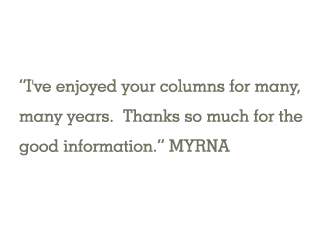

0 Comments